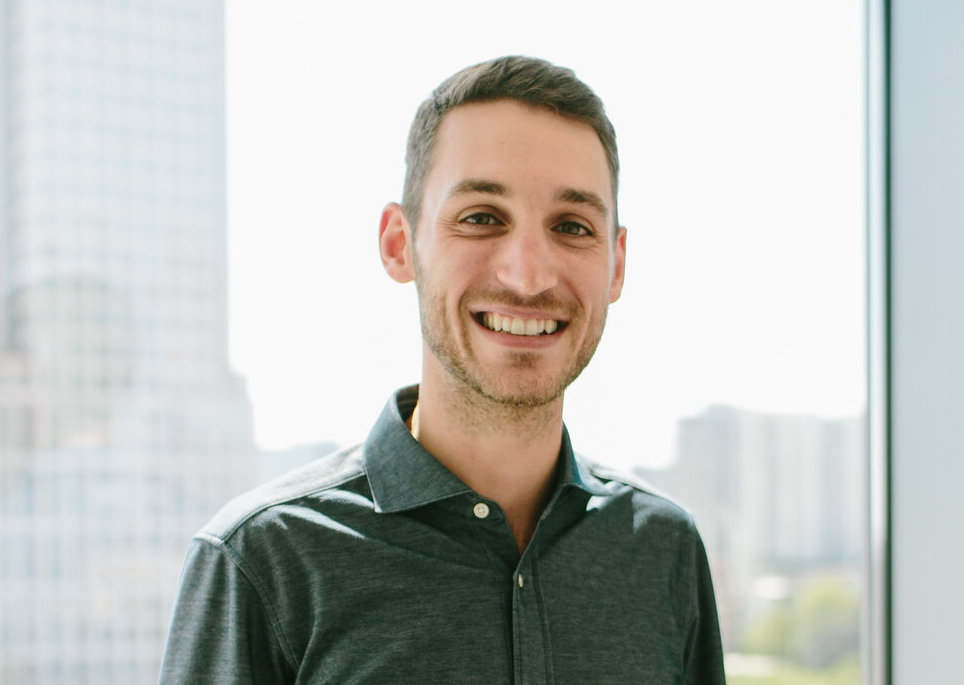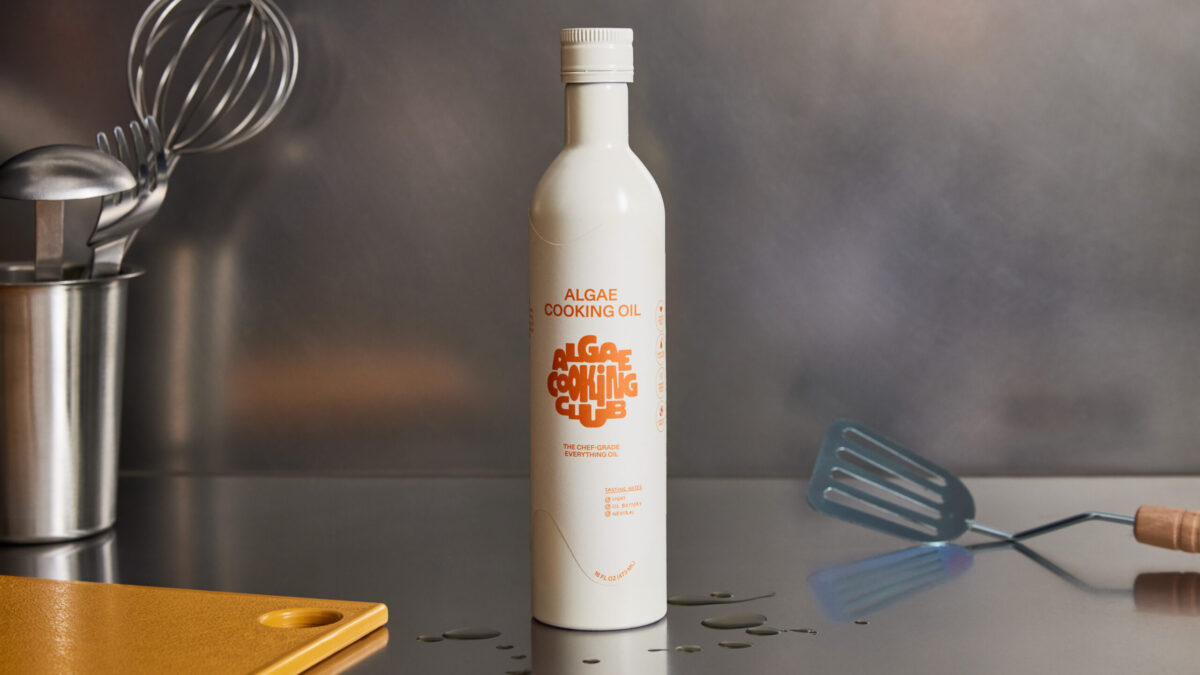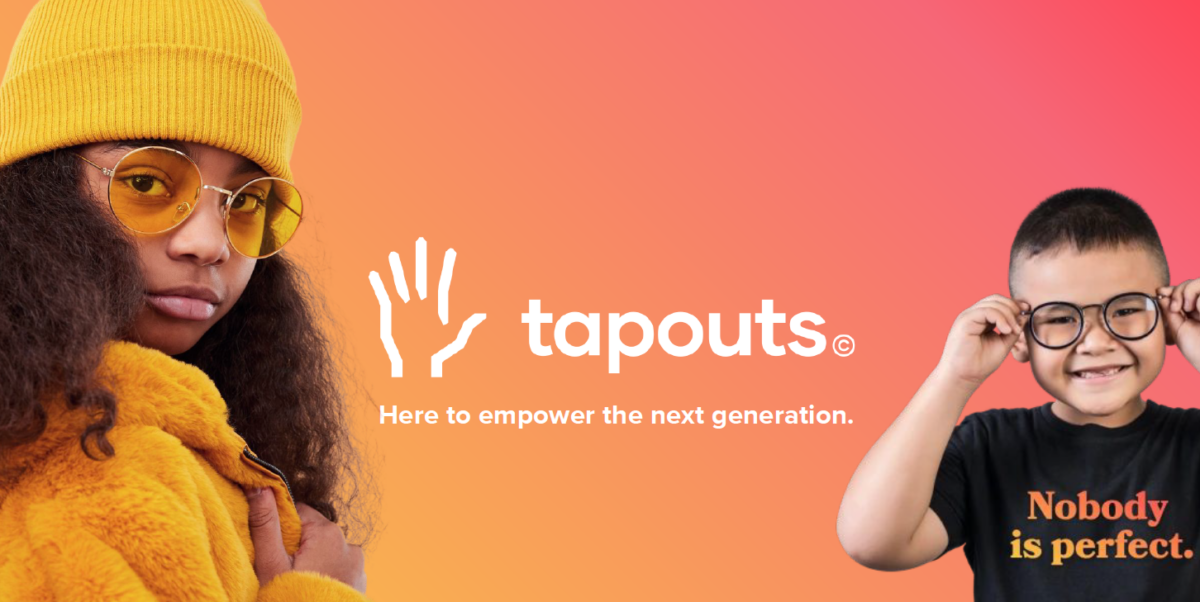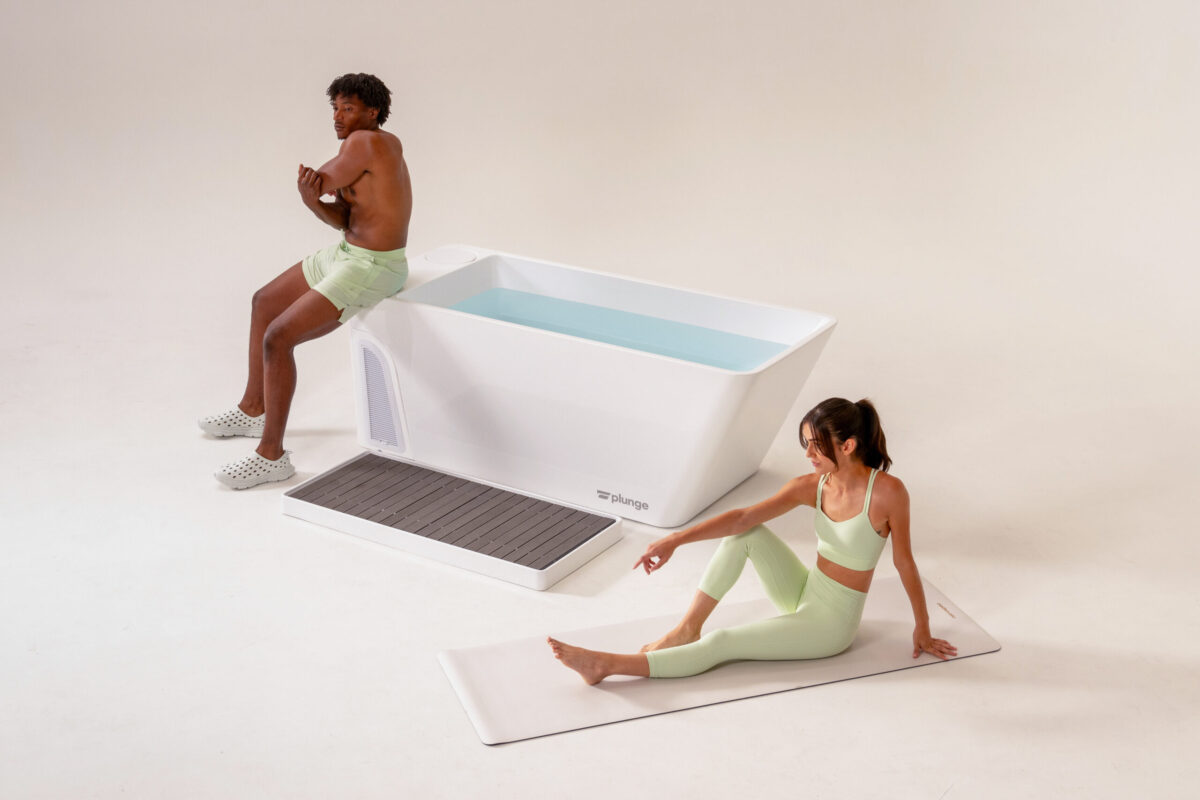In this Q&A, you’ll hear from Phoenix Capital Ventures’ Adam Lewites on financing risk, how the pandemic is spurring innovation, and next-gen wearables.
What are your biggest learnings from 2022?
Adam Lewites: From a financing standpoint, the most obvious takeaway was just how quickly things changed. As the deals dried up, it became key for startups to have a sound business model with early traction.
From a fitness and technology market perspective, it seems we are going through the next big wave of innovation. Coming out of a COVID environment where everything had to be digital to today’s world where people crave in-person experience, the ability to merge the two realities together has been crucial.
How is the macroeconomic environment impacting dealmaking?
AL: The environment has changed drastically. Whereas deals were happening so fast, with high valuations, between 2020–2021, things have started to adjust.
Entry valuations have decreased, but more importantly, there’s more time for both investors and founders to get to know one another. We look to back exceptional founders, and in my opinion, getting to spend ample time understanding their personal stories, motivations, and ambitions (beyond all of the business-related diligence) has helped the dealmaking process.
What surprised you most in 2022 — what trend or market did you change your mind about?
AL: We’ve gained much more conviction about next-generation wearables and what they entail.
Given that wearables have historically been an accessory you wear (i.e., a watch, bracelet, ring, etc.), it was only a matter of time before they became integrated with what we wear every day. A good example of this would be Nextiles, one of our portfolio companies, which is creating textiles that can capture performance data.
What trends or opportunities are you most excited about going into 2023?
AL: We’re still excited about the continued investment in fitness in AR/VR. As previously chronicled by Fitt Insider, Meta and other hardware makers are investing heavily in this area, and we think it will continue to grow in popularity.
The number of users we hear from who enjoy the different aspects of fitness in this environment is staggering. As more devices come to market at different price points and form factors, we think this is something that can have real staying power.
What advice would you give founders facing uncertainty in the current economic climate?
AL: The biggest risk for most investors right now is financing risk — meaning if you don’t have the capital for at least 12 but closer to 18 months, it may make it difficult to raise.
I think most founders are best suited to have three plans—best, medium, and worst case—and be ready to attack whichever plan fits the current financial situation.
All of that said, some of the best companies on the planet were built during the last recession (between 2008 and 2011), so this could be the perfect opportunity to build something special!



